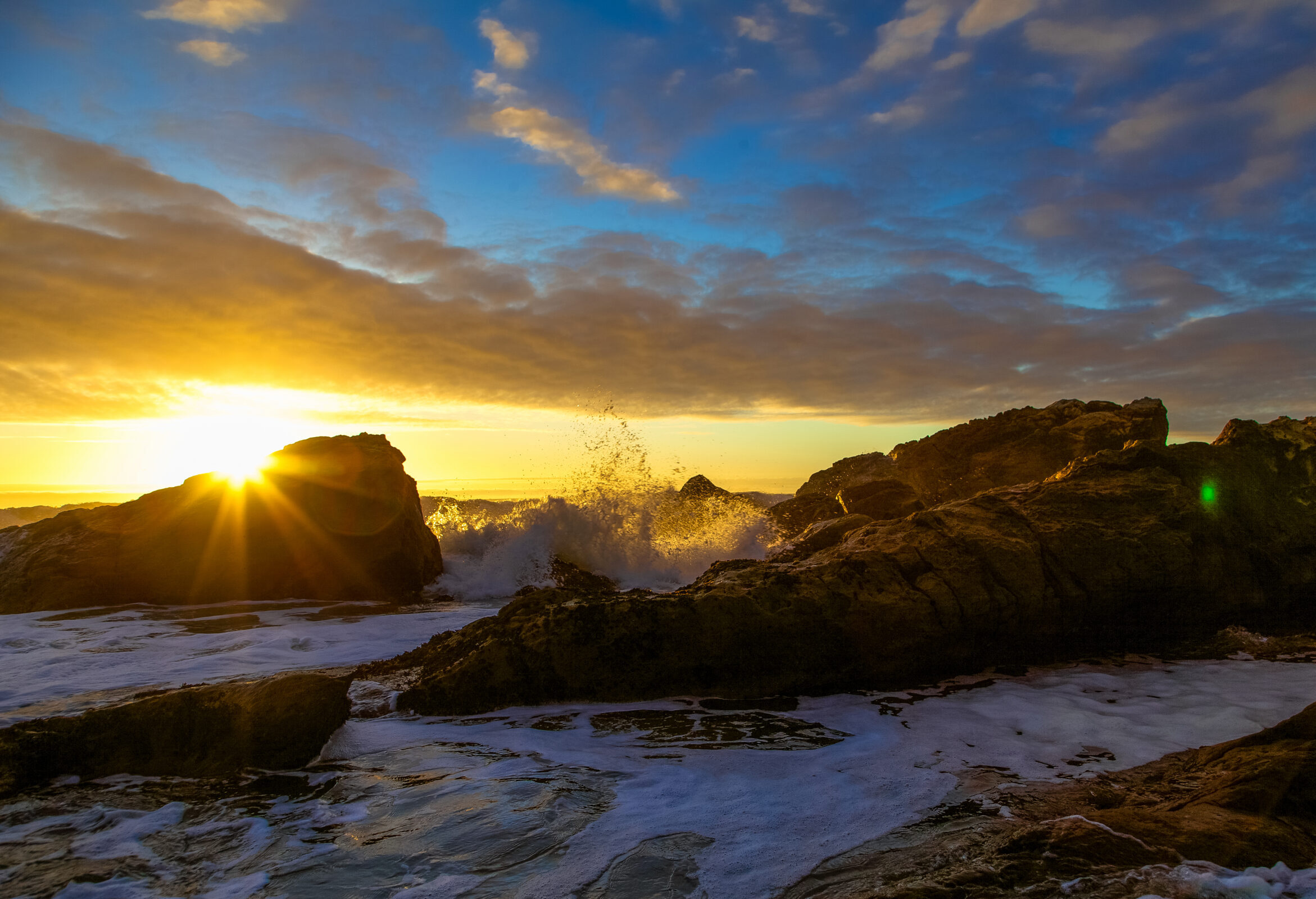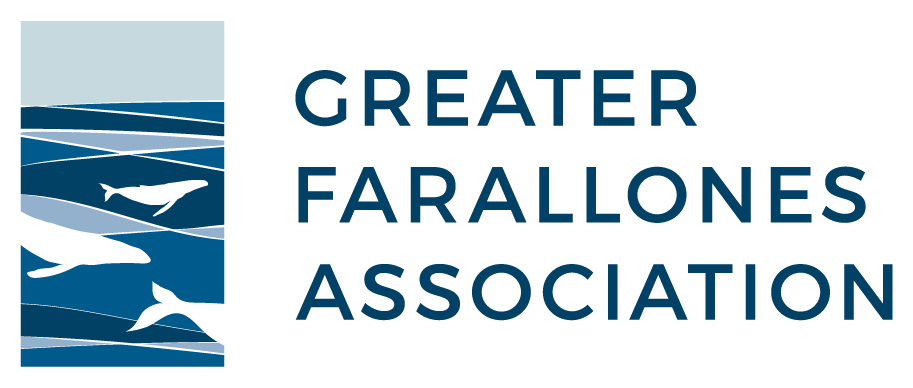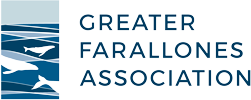$18 Million NOAA Grant to Address Pacific Coast Ocean Restoration Through Pacific Ocean Coalition of Public and Private Partners

FOR IMMEDIATE RELEASE
The National Oceanic and Atmospheric Administration (NOAA) announced the awards that are recommended for funding under the Transformational Habitat Restoration & Coastal Resilience grant program. The Nature Conservancy (TNC) California has been recommended to receive $18 million over three years to launch the Pacific Coast Ocean Restoration Initiative (PCOR), a comprehensive, collaborative statewide effort aimed at restoring and recovering degraded marine ecosystems across California.
This funding will enable TNC and a coalition of partners spanning the state—including Greater Farallones Association, the California Department of Fish and Wildlife, California Ocean Protection Council, Mendocino College, The Bay Foundation, Aquarium of the Pacific, the California Academy of Sciences, Sunflower Star Laboratory, Paua Marine Research Group, and University of California Santa Barbara—to lead efforts to help recover the federally endangered white abalone and the International Union for Conservation of Nature critically endangered sunflower sea star. Additionally, the initiative will further advance restoration efforts for California’s kelp forests and will also pilot an innovative marine conservation workforce development program in collaboration with a community college, potentially scaling across the state’s community college system.
“This ambitious, partnership-driven initiative will leverage the incredible work done to date, and the contributions from a diverse suite of partners, to advance a new model for coordinated and effective marine restoration and endangered species recovery that can deliver transformative impact for rocky reef ecosystems and coastal communities in this region,” said Norah Eddy, Ocean Recovery Program Director at TNC California. “It also serves as a model for similar efforts elsewhere around the country and world.”
Kelp forest and rocky reef ecosystems are vital, supporting thousands of marine species and coastal communities from San Diego to the Oregon border, contributing hundreds of millions of dollars to California’s economy annually. However, warming waters, disease, and human impacts have severely disrupted these ecosystems. The white abalone, listed as endangered under the Endangered Species Act in 2001, and the sunflower sea star, which experienced a catastrophic decline from 2013 to 2016 due to disease, illustrate the urgent need for intervention. These changing ocean conditions have led to a proliferation of purple urchins, which in part, have decimated bull kelp forests by over 96% in northern California.
“Greater than 90% of bull kelp forest habitat has been lost in Greater Farallones National Marine Sanctuary and beyond, and restoring this critically important habitat is a local, state and federal priority,” said Rietta Hohman, Kelp Restoration Manager for Greater Farallones Association and a NOAA Affiliate. “This Initiative will set the stage for advanced coordination and communication across the many partners needed to comprehensively address the restoration of kelp forest habitat and the recovery of endangered species.”
The PCOR Initiative is poised to address these challenges. For over a decade, scientists and practitioners through the leadership of groups like the above mentioned Initiative partners have laid the groundwork for important restoration efforts across California’s coast. The NOAA grant, funded through the Bipartisan Infrastructure Law and Inflation Reduction Act, will support critical infrastructure investments necessary to expand these restoration efforts.
“NOAA is proud to be supporting The Nature Conservancy and partners as they launch this innovative initiative,” said Carrie Selberg Robinson, director of the NOAA Fisheries Office of Habitat Conservation. “Their work to catalyze and coordinate restoration across California will support the many species that rely on rocky reef and kelp habitats.”
As the coalition partners embark on this groundbreaking initiative, the vision is clear: this is just the beginning of a series of milestones aimed at recovering endangered and threatened species and revitalizing marine habitats. The PCOR Initiative represents an exciting and transformative step forward in ensuring the health and resilience of California’s coastal ecosystems for generations to come.
About Greater Farallones Association
Greater Farallones Association (GFA) is the nonprofit partner to Greater Farallones and Cordell Bank National Marine Sanctuaries, federally-protected areas encompassing more than 4,000 square miles of open ocean and coastal waters off the California coast. Through high-impact programs rooted in science, GFA engages over 14,000 adults and youth a year in ocean conservation, collects critical data on wildlife, restores vital habitats, and helps communities adapt to the impacts of climate change through nature-based solutions. Learn more at www.farallones.org.
About The Nature Conservancy
The Nature Conservancy is a global conservation organization dedicated to conserving the lands and waters on which all life depends. Guided by science, we create innovative, on-the-ground solutions to our world’s toughest challenges so that nature and people can thrive together. Learn more at www.nature.org/california.
About NOAA
The National Oceanic and Atmospheric Administration (NOAA) is an American scientific agency within the United States Department of Commerce that focuses on the conditions of the oceans, major waterways, and the atmosphere. NOAA’s work touches the lives of every American, providing timely and trusted data and information about the environment to better understand and improve our lives.
Contact
media@farallones.org

